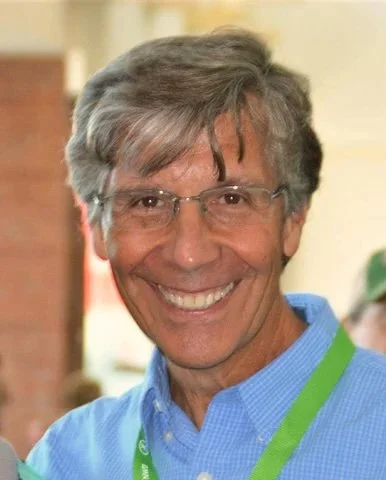In this week’s episode of "Headspace for the Workplace," Dr. Sally Spencer-Thomas sat down with Dr. Joel Bennett to explore the critical role of workplace culture and climate in fostering mental health and resilience. Their engaging conversation provided valuable insights and actionable strategies for leaders and organizations committed to creating psychologically safe and vibrant workplaces.
Dr. Bennett highlights the importance of identifying leading indicators at various levels within an organization—personal, team, and organizational. A key risk factor is a permissive drinking culture, which can mask underlying issues and erode psychological safety. Conversely, a strong protective factor is a supportive and cohesive work environment that promotes well-being and psychological safety. Effective leaders must take responsibility for the work environment and actively engage with employees to address mental health risks. This involves more than just providing access to resources; it requires leaders to model vulnerability, share their own mental health challenges, and create a culture of openness and support.
For leaders and organizations committed to improving workplace mental health, it is crucial to:
Recognize and Address Work Environment Factors: Shift the focus from individual deficits to environmental improvements.
Foster a Supportive Culture: Promote psychological safety, team cohesion, and a wellness-oriented climate.
Leverage Evidence-Based Programs: Implement and support programs that have been proven to work.
Engage in Continuous Learning and Improvement: Regularly assess and refine mental health strategies based on research and practical outcomes.
More about Dr. Joel Bennett
Joel Bennett, Ph.D., is President and Founder of Organizational Wellness & Learning Systems (OWLS), a consulting firm specializing in evidence-based wellness technologies to promote organizational health and employee well-being. Dr. Bennett first delivered stress management programming in 1985, and OWLS programs have since reached nearly 250,000 workers across the United States and abroad, including training over 1,000 facilitators and coaches. He is a primary developer of “Team Awareness” and “Team Resilience,” evidence-based culture of health programs recognized by the U.S. Dept. of Health and Surgeon General as effective in reducing employee behavioral risks. Team Awareness/Resilience have been adopted by the U.S. National Guard as one of their flagship prevention programs. They have been used by municipalities, hospitals, restaurants, electrician training centers, small businesses, Native American tribal government, in rural settings, and in Italy and South Africa.
In 2022, Dr. Bennett was acknowledged with the "Lifetime Achievement Award" from the National Wellness Institute and, internationally, with the "Positive Leadership Award" from the Positive Leadership Institute. He earned his Bachelor’s Degree in Psychology and Philosophy from the State University of New York (Purchase) and his MA and PhD in Psychology from the University of Texas-Austin. Dr. Bennett has authored/co-authored seven books, including "Raw Coping Power," "Heart-Centered Leadership," and "Your Best Self at Work," and his Google Scholar page provides links to over 30 peer-reviewed scientific studies. He was previously on the board of the Academy of Management’s “Spirituality and Religion Interest Group (MSR)” and the Board of Directors for the National Wellness Institute. He provides keynote speaking and continues to train coaches and facilitators in team (culture of health) and resilience workshops.
Takeaways
The focus of much prevention and mental health promotion work under-emphasized the work climate, culture, and relationships between individuals, groups, and social norms that have been found to be CRITICAL to support recovery, help-seeking, and resilience.
Our clinical trials and dissemination of evidence-based programs have been shown to positively influence not only individual health but climate and multi-level protective factors.
Contact Dr. Bennett
To learn more about Dr. Bennett's work and access resources for building resilient workplaces, visit Organizational Wellness and Learning Systems or explore his personal presence workshops at Presence Quest.


